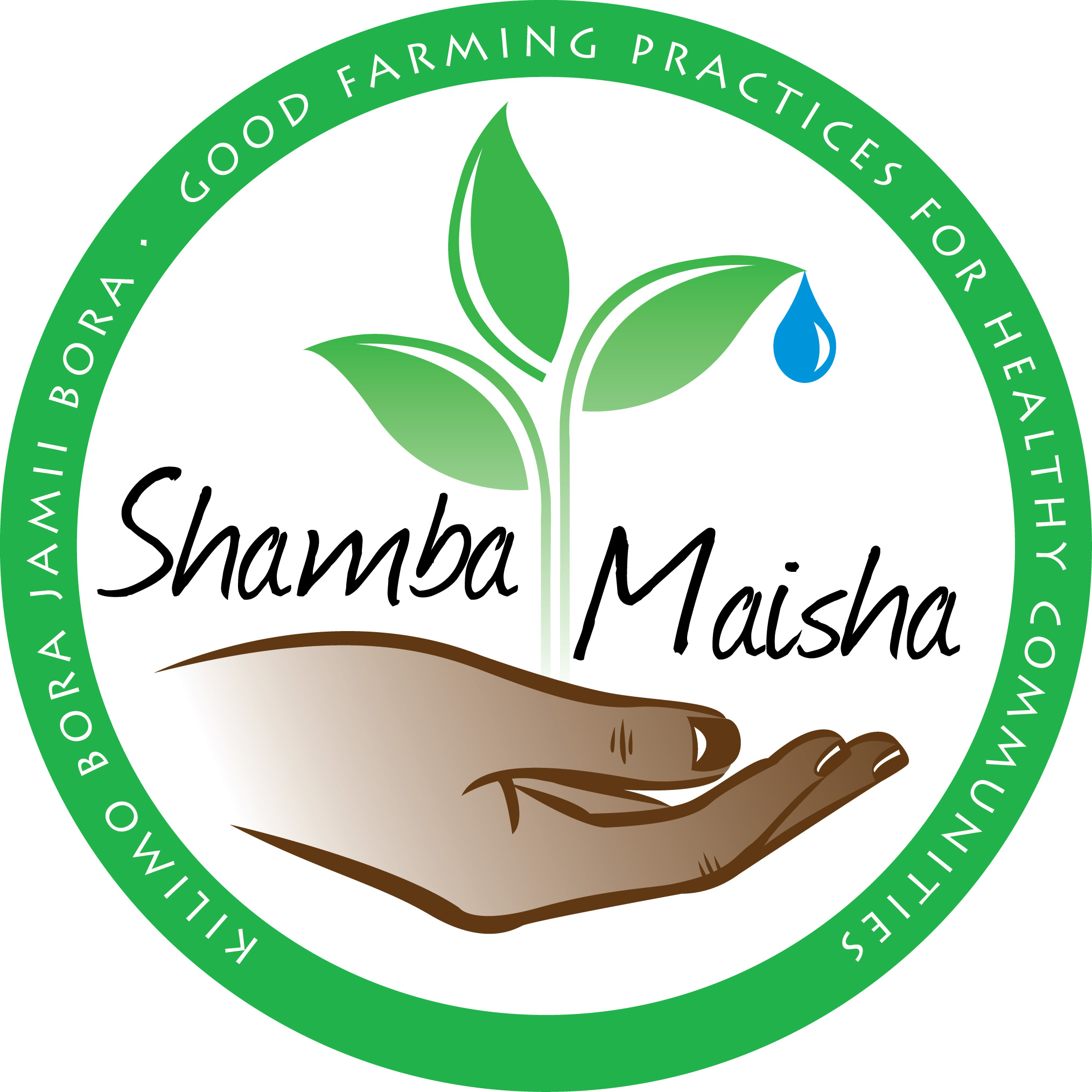Background
HIV and sexually transmitted infections (STIs) are common among adolescent girls and young women (AGYW) in Western Kenya. This problem is made worse by poverty and food insecurity (not having enough food). Many girls in this region are at higher risk of getting STIs and HIV because they lack basic needs and face challenges in getting food and other resources. Sometimes, they may be forced to engage in unsafe sexual activities to meet these needs.
Formative data collection among adolescents
A pilot study measured the effects of Shamba Maisha on mental and physical health outcomes among 241 adolescent girls and young women ages 13-19 living in households with an adult HIV study participant. Adolescent girls and young women in intervention households had significantly lower odds of food insecurity compared to those in control households, and a trend towards lower odds of depressive symptoms and higher youth resilience. When restricted to the sample of older adolescent girls aged 15-19 years, the intervention was also associated with higher body mass index (BMI) and lower odds of depression, anxiety, and sexual gender-based violence compared to those in control households.

